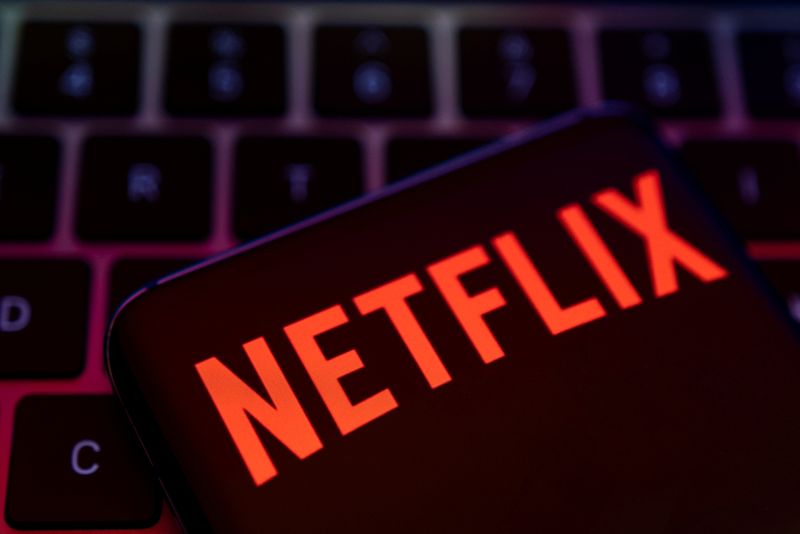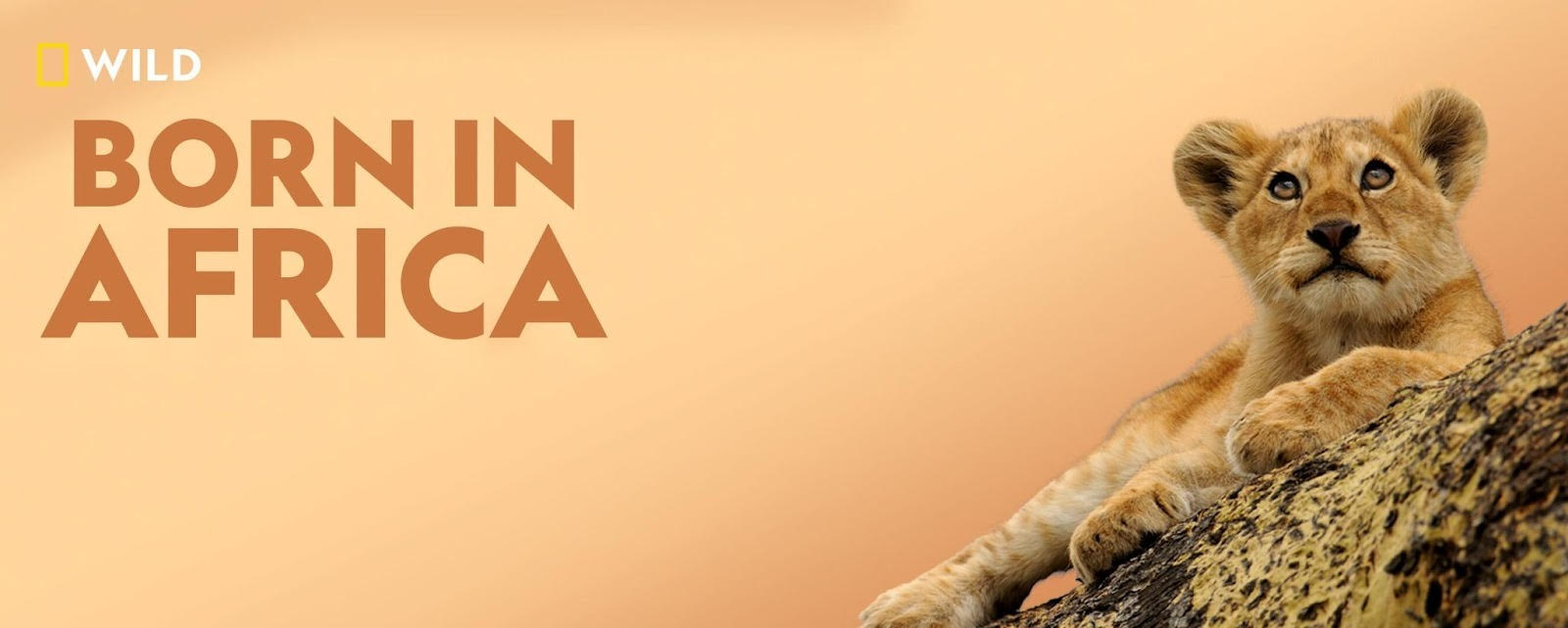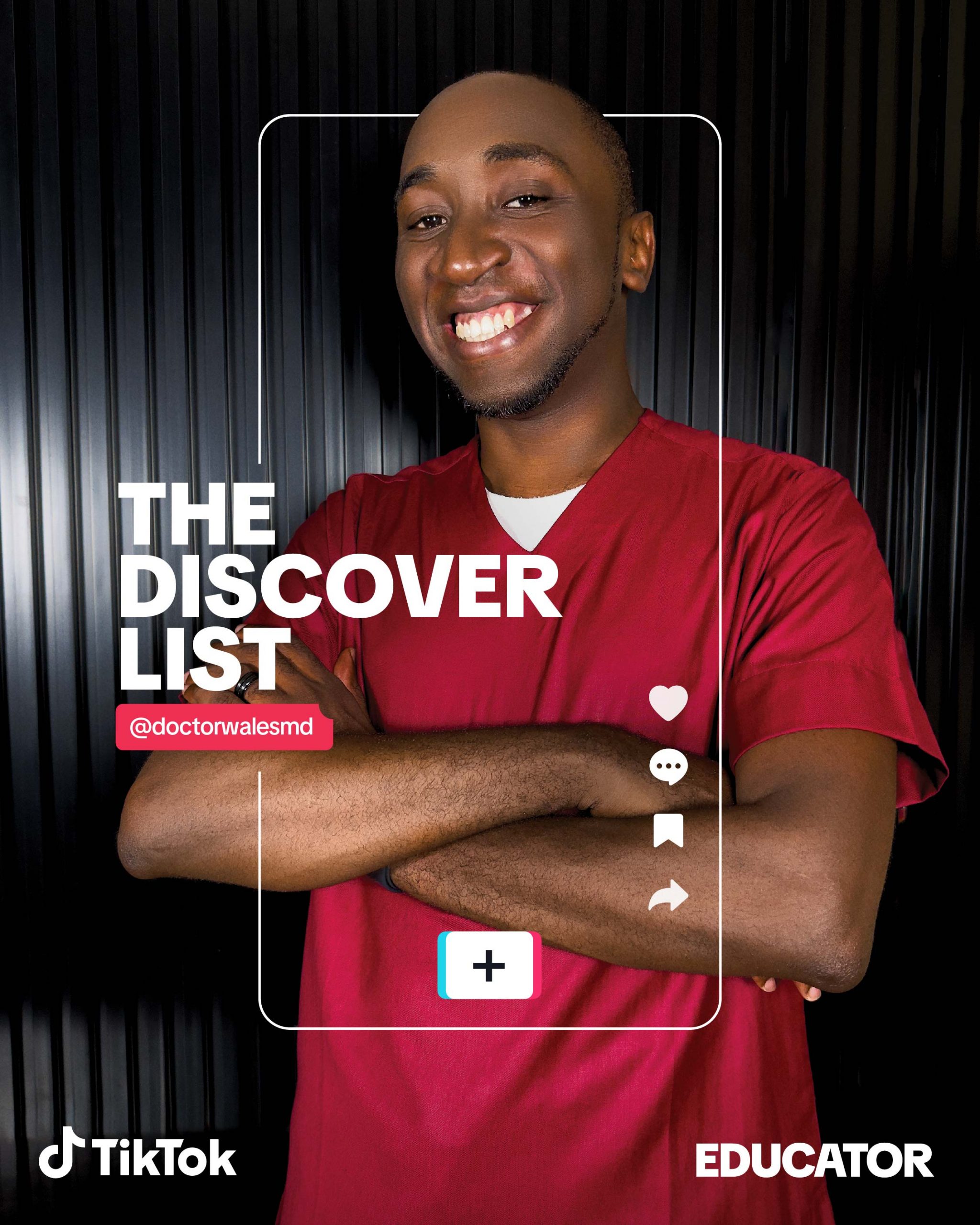Showbiz
How Nigeria’s Hospitality Industry Can Leverage Entertainment Sector

By Adeniyi Ogunfowoke
Hospitality has so many branches which include but not limited to music and film. To present a total hospitality package to tourists and visitors, these two must be aligned.
In Nigeria, you can arguably posit that there is yet to be a synergy between the hospitality and entertainment industry. This is a minus for both industries because the country is losing out from a major revenue loop. Although both sectors can exist independently, it will do the economy a whole lot of good if they synergise.
Let’s give more credence to this. According to Nigeria’s Hospitality Report, Travel and Tourism was directly responsible for 1.9% (N2.3 billion in actual numbers) of the country’s total GDP in 2017.
Meanwhile, a report in the Vanguard Newspaper reveals that the entertainment and creative sector contributed 2.3 per cent which was approximately N239 billion to the nation’s Gross Domestic Product, GDP in 2016. Definitely, the numbers would have increased in 2017.
You can only imagine how much the Nigerian government will earn if both industries are synergised. In fact, more than the above-referenced figures can be earned if the government and stakeholders explore the endless gains of the hospitality and entertainment industry.
Nigeria’s Entertainment Industry
The entertainment industry has grown by leaps and bounds. Unlike in the past when Nigerians have the knack for foreign films and music, the opposite is the case now. They have embraced Nigerian films and music. The likes of Rita Dominic, Genevieve Nnaji, Pete Edochie, Funke Akindele, Wizkid, Olamide, and Davido et al are known all over the world including African countries. They are also celebrated in the country. Hence, they are ‘tools’ that can be used to push the Nigerian hospitality industry.
Interestingly, the government has recognised that the creative industry has a huge goldmine and has supported the industry with several grants.
In 2013, the government then established N200 billion (or about $1.2 billion) intervention fund for the entertainment industry. Last year, the federal government again supported the Nigerian film industry with N420m grant.
The government support has largely boosted the entertainment industry. You can observe this in the quality of videos and songs emerging from the country.
The Hospitality industry
There has really been no reported grant or fund for the hospitality industry unlike what is happening in entertainment. This is probably why the industry is laid back.
When you talk about hospitality in Nigeria, we mostly look at it from the perspective of hotels and tourist attractions-which need government attention. It is beyond this. There is food, flight, festivals, culture, film, music and much more.
The industry has infinite opportunities that only being explored by a few stakeholders and government interest is limited.
Again, quoting the Nigeria Hospitality report, the number of direct jobs created by the sector peaked at 1.2 million compared to 651,000 in 2016 (1.6%), that’s 1.8% of total employment in the country. This is estimated to rise by 4.7% by end of 2018 to approximately 1.3 million jobs (1.8% of total employment). If the government could invest in the hospitality industry, these figures will definitely increase.
How the hospitality industry can leverage the entertainment sector
Since entertainment is getting more attention from the government, it can be said that the hospitality industry will have to leverage on entertainment for the purpose of business and earn more revenue.
This said it is not rocket science to synergise both sectors to earn more revenue.
Artistes and producers must recognise that there are beautiful, pleasant and awesome Nigerian destinations where they can shoot their videos. For example, we have the Obudu Cattle Ranch, the Kajuru Castle, Olumirin Waterfalls and a host of others. They do not need to visit South Africa or Dubai to shoot their movies. The more these destinations get celebrity endorsements, the more Nigerians will be interested in checking out these destinations and of course, these destinations can earn more revenue.
Furthermore, hospitality stakeholders should partner with artists so that they can endorse their hospitality spots. They do not need to pay the artists cash but they can compensate them in kind. For example, whenever, they have shows or performances, they can provide a certain number of rooms to the artistes and his backroom staff. This will translate to more bookings for the hotel.
Finally, the Nigerian tourist spots need dire attention. So, these artists can organise shows and performances at these spots. The more performances at these tourists attractions, the more they feature prominently in the media. Since the media sets the agenda, the condition of these destinations will be known to the government. They can now, in turn, develop these destinations.
Conclusion
Entertainment and Hospitality can contribute more than it is currently doing to Nigeria’s Gross Domestic Product. That is if it is synergised. The government have a key role to play. They have to also give the grant to the hospitality sector. However, because hospitality is yet to have the influence or impact that entertainment has, the former can leverage on the later to more revenue.
Showbiz
Netflix Walks Away from Warner Bros Deal After Paramount’s Huge Offer

By Adedapo Adesanya
Streaming giant, Netflix, has backed away from its proposal to buy Warner Bros Discovery, clearing the way for Paramount Skydance to win the long battle for one of Hollywood’s most storied studios in a deal worth over $100 billion.
Warner Bros, which announced it was up for sale last year, said Paramount’s latest bid was “superior” to the one from Netflix, which in turn refused to raise its offer.
Paramount, which has been insistent regarding the deal, would also need approval from the US Department of Justice as well as European regulators.
Netflix executives say they have declined to match Paramount’s bid as “the deal is no longer financially attractive” at that price.
The buyer would gain control of the iconic studio along with its films and media networks.
The takeover has been touted to significantly reshape the global media landscape, which includes the streaming market.
Last December, Warner Bros agreed to a takeover offer from Netflix for some of its assets, in a deal worth roughly $82 billion, including debt.
Paramount then made a rival proposal, which was refused by Warner Bros, but an increased offer was made earlier this week, boosted by $1 per share.
“The transaction we negotiated would have created shareholder value with a clear path to regulatory approval,” Netflix co-chief executives Ted Sarandos and Greg Peters said in a statement. “However, we’ve always been disciplined.”
“This transaction was always a ‘nice to have’ at the right price, not a ‘must have’ at any price,” the Netflix executives added.
The announcement came just hours after Mr Sarandos had visited the White House on Thursday.
The development marks the possible end of the saga that saw offers and refusals and could possibly change the global streaming market as Paramount is backed by some of the biggest names in the industry, including Oracle owner, Mr Larry Ellison.
Showbiz
Why Wildlife Shows Hook Us: The Allure of NatGeo Wild

There is something undeniably captivating about wildlife documentaries. The moment a predator locks eyes with its prey, the awe of seeing animals in their natural habitat, the thrill of nature’s drama playing out in real time. These are experiences that rein us in and refuse to let go. NatGeo Wild doesn’t just show the wild; it invites us to feel it, understand it, and marvel at it.
What is it about the wild that keeps pulling us back, no matter how many times we watch?
The Explorer in All of Us
At our core, we are wired much like the animals we watch. Curiosity drives us the way it drives a leopard to investigate a sound in the distance. Wildlife shows activate that instinct. We scan scenes like hawks from above, reading body language, anticipating danger, noticing subtle shifts in behaviour. In these moments, we’re more than viewers; we’re explorers, investigators, and sometimes even adventurers.
It’s a way to witness danger safely. A way to test our instincts and a way to connect with the power and beauty of the natural world, all from the comfort of home.
The Comfort of Nature’s Stories
Nature may be ruthless, but it is rarely random. Like a herd moving in rhythm or a pack operating with purpose, wildlife shows follow a structure we instinctively understand: predator and prey, threat and escape, loss and resilience.
Within a single episode, chaos settles into balance. Even in harsh environments, there is order just as there is in the wild. That predictability offers comfort, reminding us that survival follows rules, patterns, and rhythms older than humanity itself.
NatGeo Wild Shows That Keep Us Glued to the Screen
Over the years, NatGeo Wild has mastered the art of storytelling that moves like nature itself, quiet when it needs to be, explosive when it matters most. These are not just documentaries; they are immersive experiences that sharpen the senses and stir instinct.
Africa’s Deadliest
Step into the African wilderness, where survival is a daily contest of speed, strength, and strategy. Africa’s Deadliest introduces us to predators that hunt with the patience of chess players and the precision of seasoned warriors. From crocodiles lying in wait beneath murky waters to lions coordinating attacks across the savannah, each episode breaks down how instinct, timing, and dominance decide who eats and who doesn’t.
Wild, Smart and Deadly
Wild, Smart and Deadly is where brains meet brawn in the animal kingdom. This series delves into the intelligence behind nature’s deadliest hunters, showcasing creatures that use strategy, cunning, and sheer wit to survive. From octopuses escaping predators with mind-blowing tricks, to predators setting up elaborate ambushes, every episode reveals how survival in the wild is a high-stakes chess game. Watching it feels like witnessing nature’s most elite tacticians at work, where one smart move can mean the difference between life and death.
Born in Africa
In the wild, birth is only the beginning. Born in Africa follows young animals from their first breath into a world that offers no mercy. Every stumble, chase, and lesson learned is part of a race against time. From a giraffe learning to stand within minutes to lion cubs discovering the rules of dominance, the series captures vulnerability, growth, and resilience in its purest form.
Wild Mediterranean
The Mediterranean may look serene, but beneath its surface lies a battlefield of survival. Wild Mediterranean uncovers a world where predators hunt in crystal waters and creatures adapt to shifting coastlines and hidden dangers. From dramatic underwater pursuits to life along rugged shores, the series reveals a region shaped by adaptation, resilience, and quiet ferocity.
Hostile Planet
Here, nature shows no mercy. Hostile Planet explores environments so extreme they feel uninhabitable, yet life persists. Animals endure freezing tundras, scorching deserts, and violent storms, adapting in ways that defy belief. Every episode is a testament to resilience, revealing how instinct, evolution, and sheer willpower allow life to survive against impossible odds.
These shows captivate because they do more than entertain; they educate, inspire, and transport us into worlds we’d rarely get to see otherwise. Every episode is an invitation to explore, learn, and marvel at the wonders of nature.
Catch all these incredible wildlife stories on NatGeo Wild, GOtv Channel 100.
Subscribers can also enjoy more value with the We Got You offer, available until 28th February 2026. Pay for your current package and automatically get upgraded to the next one at no extra cost, giving access to more channels, more shows, and more moments like these.
To subscribe, upgrade, or reconnect, download the MyGOtv App or dial *288#. You can also stream anytime with the GOtv Stream App.
Showbiz
TikTok’s 2026 The Discover List Features Five African Creators

By Modupe Gbadeyanka
Five creators from Sub-Saharan Africa have been featured in TikTok’s annual global The Discover List 2026, marking a standout moment for the region’s growing influence in the global creator economy.
They were among the 50 most influential creators shaping culture worldwide across five categories: Icons, Innovators, Foodies, Educators, and Originators.
From medical education in Lagos to culinary innovation in Nairobi and Cape Town, and from dynamic design studios in Johannesburg, African creators are not just being seen on the world stage — they are commanding it.
The Discover List 2026 reaffirms that TikTok is not only where trends begin, but where real opportunities take shape and creators turn influence into lasting impact.
The five TikTok creators from Africa featured were Tamia Nontsikelelo from South Africa, Cherie Kihato of Savannah Space from Kenya, Wayne Chang from South Africa, Olawale Ogunlana of HealthKraft Africa from Nigeria, and Trevor Were from Kenya.
Ogunlana breaks down complex medical conditions into clear, engaging videos, turning digital platforms into powerful tools for better health across the continent. He is also one of TikTok’s Sub-Saharan Wellbeing Ambassadors.
As for Chang, he is celebrated for his vibrant culinary content that blends diverse Asian cuisines with locally sourced South African ingredients, while self-taught chef Were transforms simple, everyday meals into exciting and accessible creations. He shares approachable recipes and cooking inspiration from his home kitchen.
Also, Kihato, a creative entrepreneur, showcases heritage through furniture, art and interiors. Through content creation, she has expanded her business beyond Kenya, inspiring a global audience of design lovers and aspiring creatives, while Nontsikelelo fuses storytelling and marketing on TikTok to build powerful, engaged communities around her modest fashion brand.
Commenting on the latest development, the Global Head of Content Operations for TikTok, Mr James Stafford, said, “At TikTok, we are committed to celebrating our inspiring creator community. Today, we are thrilled to unveil The Discover List 2026 — a highlight of 50 creators to watch from around the world.
“From the Educators who are inspiring their communities to learn something new, to the Originators who share their businesses with global audiences on TikTok, we are proud to be a space where new talent can be discovered, and authenticity and creativity can thrive.”
Business Post recalls that in 2025, Sub-Saharan African creators featured on the Discover List for the very first time, a milestone that unlocked unprecedented global visibility.
Those creators were spotlighted in international publications, including TIME Magazine and participated in major global moments such as Cannes Lions International Festival of Creativity.
At Cannes Lions, Chef Abby (Abena Amoakoaa Sintim-Aboagye) from Ghana engaged directly with TikTok CEO Shou Zi Chew and the Mayor of London, further amplifying her global presence. Building on this momentum, she was also nominated at the 2025 TikTok Awards in Sub-Saharan Africa, where she emerged as First Runner-Up in the Food Creator of the Year category.
-

 Feature/OPED6 years ago
Feature/OPED6 years agoDavos was Different this year
-
Travel/Tourism10 years ago
Lagos Seals Western Lodge Hotel In Ikorodu
-

 Showbiz3 years ago
Showbiz3 years agoEstranged Lover Releases Videos of Empress Njamah Bathing
-

 Banking8 years ago
Banking8 years agoSort Codes of GTBank Branches in Nigeria
-

 Economy3 years ago
Economy3 years agoSubsidy Removal: CNG at N130 Per Litre Cheaper Than Petrol—IPMAN
-

 Banking3 years ago
Banking3 years agoSort Codes of UBA Branches in Nigeria
-

 Banking3 years ago
Banking3 years agoFirst Bank Announces Planned Downtime
-

 Sports3 years ago
Sports3 years agoHighest Paid Nigerian Footballer – How Much Do Nigerian Footballers Earn












